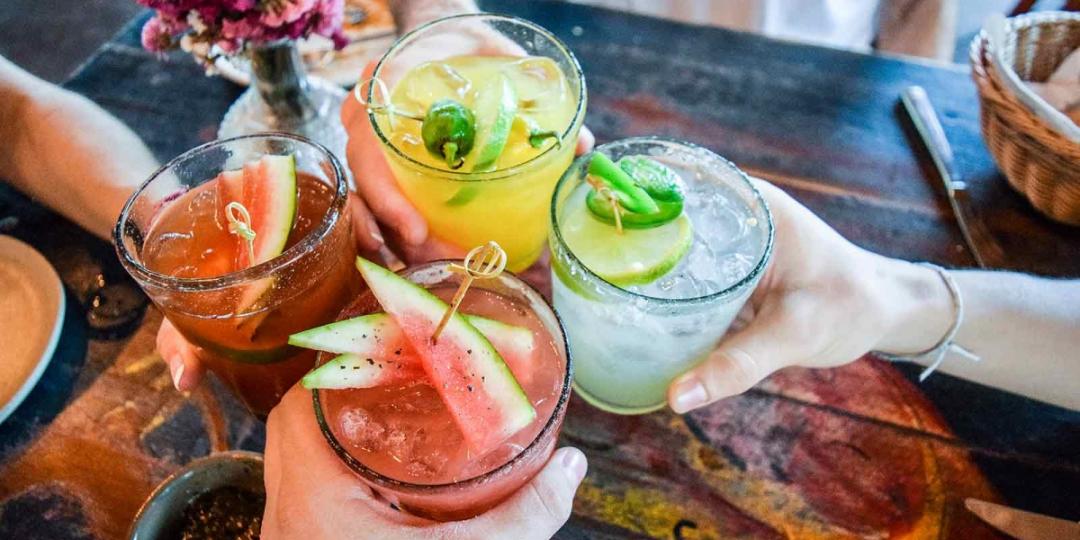The key to bridging the gap between international and local appeal lies in carefully curated and unforgettable travel experiences that target domestic travellers, according to Regional Director for Africa at Minor Hotels, Mark Havercroft.
He said resort and safari operators in Africa had traditionally focused on international guests, a trend that would have to change due to COVID-19 travel restrictions.
Statisticians estimate up to an 80% decline in the international tourism economy for 2020 and operators will need to turn to domestic tourism markets.
Havercroft explained that ‘competitiveness’ in a particular sector was the ability to create and integrate value-added products or experiences to appeal across the traveller spectrum, while taking advantage of what made a particular destination unique and distinguishable for tourists.
For the domestic market, this meant highlighting something a local guest could not experience in their own home, he said.
He provides some examples:
Fine dining with a local twist
A menu offering local ingredients prepared with international flair will always be a drawcard for international and domestic travellers alike. For example, the Anantara Bazaruto Island Resort’s grilled lobster, prepared on an open fire on the beach.
Combining well-known international dishes with local flavours also appealed to both markets, said Havercroft, adding that impeccable service from a well-trained team was an essential part of any dining experience.
An African drinks menu
Havercroft recommends offering innovative cocktails that showcase authentic African flavours, for example, Mundambi Gin, which is infused with Mundambi flowers, a plant indigenous to southern Zambia.
Events that educate and entertain
Focus on experiences that highlight culture and adventure, advised Havercroft.
“Include some local culture and give your guests even more to boast about to their friends back home. From local music playing softly in the background of the lobby through to bespoke day trips that take guests out of the hotel; there are plenty of ways to get this right.”
He added that it was critical to take note of the younger generation’s desire for risk and adventure saying it marked a significant change from traditional attraction-based tourism. “This requires an out-of-the-box response that provides diverse and distinct experiences, while supporting the socio-cultural and economic development of local communities.”
For example, Anantara Bazaruto Island Resort in Mozambique offers Spice Spoons. This introduces guests to local ingredients through a tour of the resort’s vegetable garden, giving them an opportunity to pick their produce and catch their own fish if they choose. An expert chef then teaches them to prepare their meal using traditional techniques, equipping them to host an African dinner party for friends when they return home.
Getting the balance right
“Today’s travellers are seeking familiar comforts they can rely on, a dash of indigenous adventure and a sense of luxury that reminds them they’ve earned this holiday – or a blend of all three. Whether they’re local or have crossed an ocean to reach your establishment,” said Havercroft.























